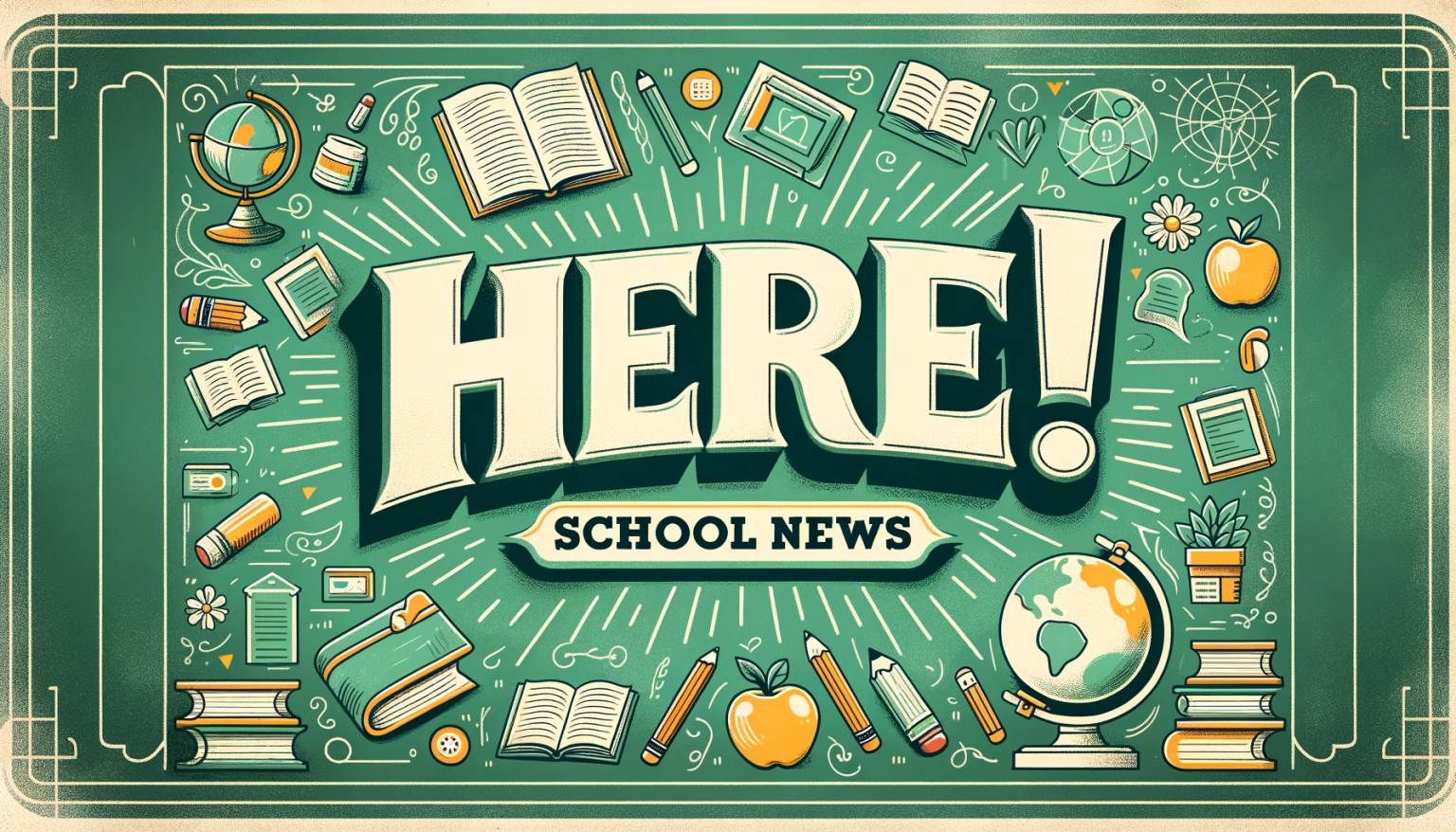Charleston, S.C. Implements New Education Regulation Affecting School Libraries
Charleston, S.C. – The South Carolina Department of Education has introduced a new regulation that will significantly affect the availability of books and educational materials in public schools across the state. This regulation, which has vague guidelines about what constitutes “age-appropriate” reading material, grants the state board of education the final authority over all school content. Local school districts will now have limited power in what books can be included in their libraries.
As of now, schools in Charleston County must adhere to this regulation to maintain their state funding. Under this new framework, every book within the Charleston County School District must be approved by the school board, with an outright ban on any material containing descriptions or visuals of sexual content, regardless of the age group of the students.
Implementation Timeline and Requirements
The first phase of this new policy requires teachers to create a comprehensive inventory of their classroom libraries and instructional materials. According to Dr. Luke Clamp, the deputy superintendent of the Charleston County School District, schools must make these lists available to parents upon reasonable request. This regulatory shift aims to promote uniformity across South Carolina’s educational landscape.
Concerns Over Censorship
Critics of the regulation express deep concerns regarding potential censorship. Many educators, librarians, and students argue that the lack of a clear definition of what is considered “age-appropriate” opens the door for extreme measures, including book banning.
Ella Smyth, a sophomore at Charleston County School of the Arts, articulated the frustrations felt by students. “Librarians and teachers have always had our best interests in mind when they put these books into our hands,” Smyth stated. “They want us to learn, but now they are being forced to take those books out of our hands.” Smyth emphasized that reading thought-provoking and challenging material is integral to her educational experience.
Feedback from School District Officials
Officials from the Charleston County School District assure constituents of their commitment to maximizing the educational experience for all students and teachers, despite the new requirements. Dr. Clamp stated that the language within the regulation aims to challenge school systems to maintain a high level of rigor, accuracy, and accessibility in instruction.
As parents may now express concerns regarding certain materials, there is a multi-step process to call for their removal. Parents must communicate their concerns to the school principal, escalate their issues to the school board, and can finally request intervention from the state board of education. Notably, Charleston County School District officials confirmed there have been no book removals in the last two years due to parent challenges.
Conclusion
The new regulation by the South Carolina Department of Education aims to provide uniform educational standards across public schools. However, the ambiguity in defining age-appropriate material raises concerns about censorship and limits on educational freedom. The impact of these changes will likely unfold as schools begin to adapt to the regulations, balancing compliance with the educational needs of students and teachers.



























